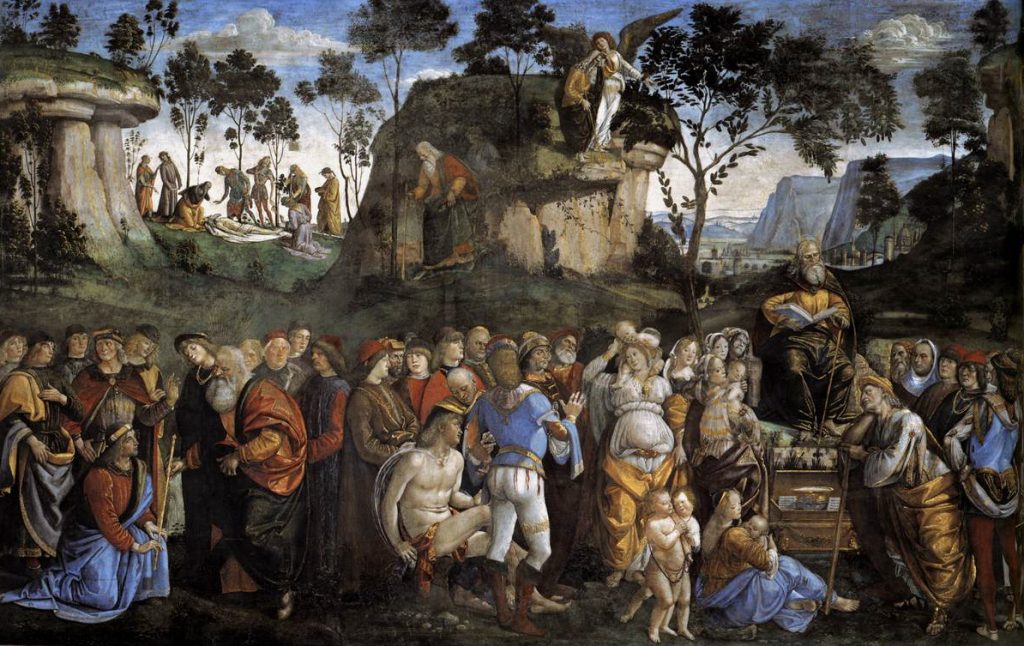Tomorrow’s ‘Parashah’ (weekly Torah portion) is ‘Va-Yelech’ {וילך} (Hebrew for ’Then He Went’). This is the ninth ‘Parashah’ in the Book of Deuteronomy and can be found in Deuteronomy 31:1–30.
This Shabbat is a very special one because it is the Shabbat which takes place right after ‘Rosh Ha-Shanah’ and before ‘Yom Kippur’ (which is next Tuesday-Wednesday). It is known in the Jewish tradition as ‘Shabbat Teshuvah’ {שבת תשובה} – which means ‘the Sabbath of Repentance’ and refers to the special time of the year (between ‘Rosh Ha-Shanah’ and ‘Yom Kippur’) that should be dedicated to repentance for our sins.
In some Jewish communities the name of this Shabbat is ‘Shabbat Shuvah’ {שבת שובה} – which means the ‘Sabbath of the Return’ and comes from the opening verse of the ‘Haftarah’ (weekly Prophet’s portion) that will be read tomorrow at the synagogue:
“Take with you words and return to the LORD” (Hosea 14:2)
*I will elaborate on that topic in tomorrow’s post and during next week’s posts.
The name of the weekly Torah portion comes from the opening verse of the ‘Parashah’:
“And Moses went and spoke these words unto all Israel.” (Deuteronomy 31:1)
‘And Moses went’ appears in the original Hebrew as ‘Va-Yelech Moshe’ {וילך משה} which indicates that Moses was in one place and then went to another but the Bible does not say WHERE.

An old popular Jewish lesson teaches that the Bible does not mention WHERE Moses went because the place where Moses went is ‘to our hearts’ – meaning his teachings and his legacy made a huge impact on our lives, the same as when the Bible mentions specifically that ‘but NO ONE knows the place of his burial to this day’ (Deuteronomy 34:6). No one knows where Moses was buried because he is buried in our hearts.
